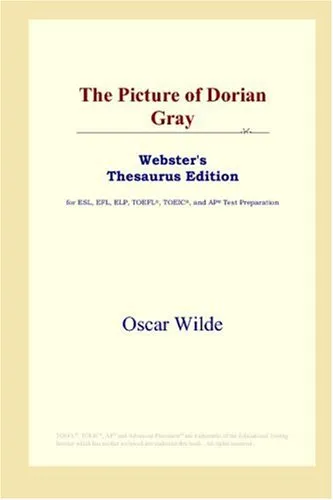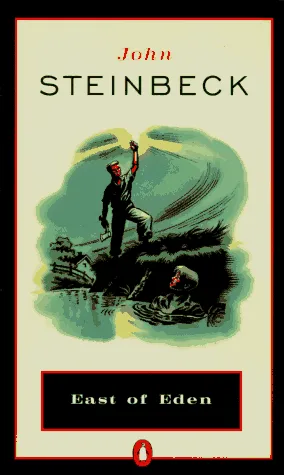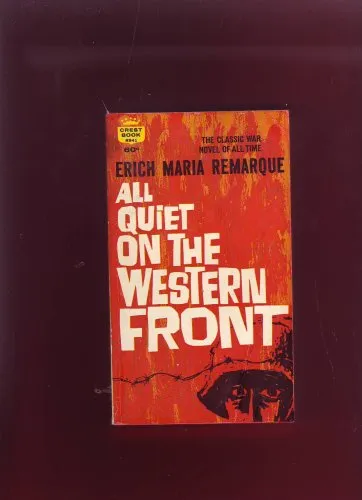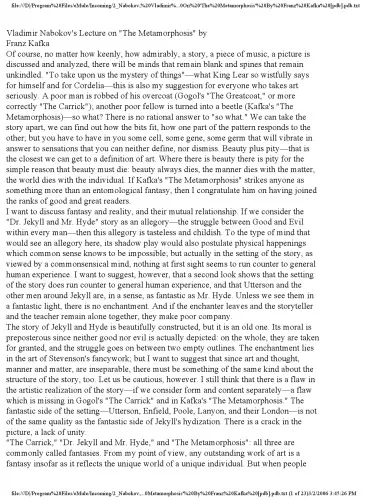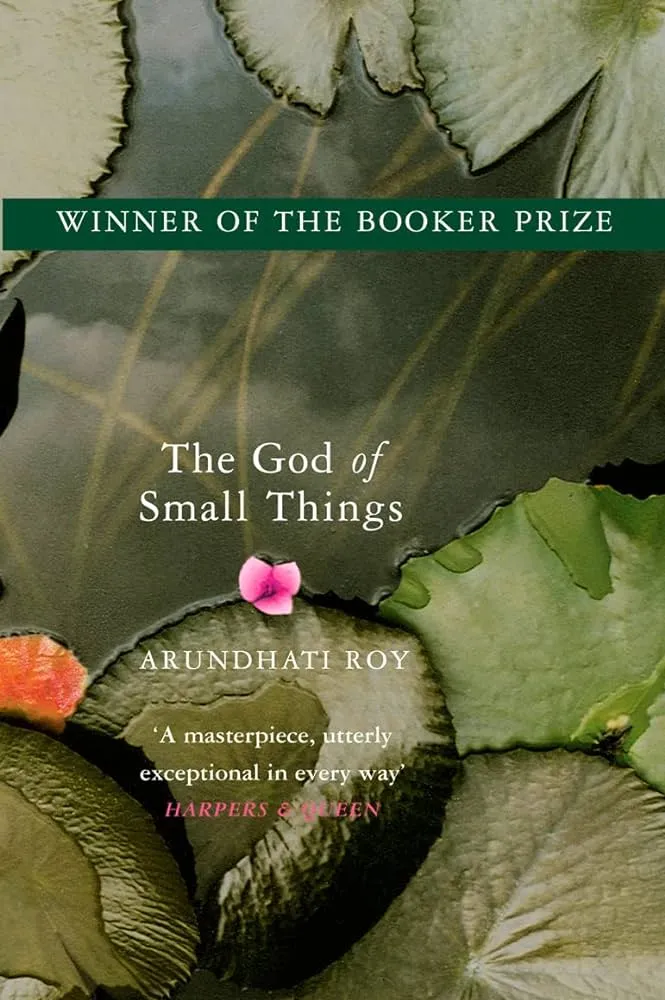Lolita
3.9
بر اساس نظر کاربران

شما میتونید سوالاتتون در باره کتاب رو از هوش مصنوعیش بعد از ورود بپرسید
هر دانلود یا پرسش از هوش مصنوعی 2 امتیاز لازم دارد، برای بدست آوردن امتیاز رایگان، به صفحه ی راهنمای امتیازات سر بزنید و یک سری کار ارزشمند انجام بدینکتاب های مرتبط:
Persian Summary
معرفی کلی
کتاب 'Lolita' یکی از آثار برجسته نویسنده روسی آمریکایی، ولادیمیر ناباکوف، است. این کتاب که در سال ۱۹۵۵ منتشر شد، به دلیل محتوای جنجالبرانگیز و سبک نوشتاری منحصر به فردش، همواره در مرکز توجه بوده است.
خلاصهای از کتاب
داستان 'Lolita' درباره هومبرت هومبرت، مردی میانسال است که به ایالات متحده مهاجرت کرده و عاشق دختری دوازده ساله به نام دلورس هیز میشود، که او را Lolita مینامد. هومبرت به شدت تحت تأثیر جذابیت نابالغانه لولیتا قرار میگیرد و برای نزدیک شدن به او، با مادرش ازدواج میکند.
وقتی مادر لولیتا به شک هومبرت نسبت به دخترش پی میبرد و از دنیا میرود، هومبرت سرپرست لولیتا میشود و داستانهای سفر و تجربههایی که دو نفر در راه انجام میدهند، مرکز اصلی کتاب میشود. این روایت پیچیده و ناراحتکننده است و به بررسی تمایلات ممنوع و پیچیدگیهای روانشناختی شخصیتها میپردازد.
نکات کلیدی
- روایت اول شخص: داستان از زبان هومبرت هومبرت روایت میشود که به خواننده اجازه میدهد نگاهی روانشناختی به ذهن پیچیده او بیندازند.
- کنتراست زیبایی و زشتی: ناباکوف از زبان زیبا و شاعرانه برای توصیف موضوعی قبیح استفاده میکند، که به شکل ویژهای بر خواننده اثر میگذارد.
- تمایلات ممنوع: کتاب به چگونگی تأثیرگذاری تمایلات ممنوع بر شخصیت اصلی و زندگی لولیتا میپردازد و نگاهی تند و تیز به مفهوم قدرت و سوءاستفاده دارد.
جملات معروف
“Lolita, light of my life, fire of my loins. My sin, my soul.”
“It was love at first sight, at last sight, at ever and ever sight.”
چرا این کتاب مهم است؟
کتاب 'Lolita' به خاطر بررسیهای عمیق و پیچیدهاش از روانشناسی انسانی و نقد اجتماعی، همیشه محل بحث و بررسی بوده است. ناباکوف با استفاده از داستانی که در ظاهر فقط درباره عشق نادرست و ممنوعه است، به مفاهیمی همچون قدرت، دستکاری روانی و حاشیهنشینی اجتماعی میپردازد.
همچنین، این کتاب با مطرح کردن سوالات اخلاقی پیرامون آزادی بیان در ادبیات و محدودیتهای آن، به بحثهایی درباره سانسور و آزادی خلق دامن زده است. این موارد، اثر را به دیدگاه مهمی در زمینه ادبیات معاصر و جامعهشناسی تبدیل کردهاند.
Introduction to 'Lolita'
Vladimir Nabokov's 'Lolita' is a controversial yet brilliantly composed novel that has intrigued and challenged readers since its release in 1955. This seminal work delves into the complexities of illicit love, obsession, and the darker sides of human nature, wrapped in Nabokov's exceptional prose.
Detailed Summary of the Book
At the center of 'Lolita' is Humbert Humbert, a European intellectual and pedophile, whose obsession with twelve-year-old Dolores Haze, infamously dubbed "Lolita," drives the narrative. After the death of her mother, Humbert takes guardianship of Lolita, leading to a cross-country journey marked by manipulation and obsession. The novel is structured as Humbert's confession, lending an intense, introspective, and at times, disturbingly witty portrayal of his mind. Nabokov skillfully unravels the themes of obsession with forbidden desires, contrasting innocence with corruption, and unfurls the trauma and psychological complexities of his characters.
Key Takeaways
- Obsession and Guilt: Humbert's obsession serves as a metaphor for darker human compulsions, showcasing the destructive potential of unchecked desires.
- Literary Style: Nabokov's narrative style is filled with wordplay, intricate language, and vivid imagery, elevating what could be a sordid tale into a literary masterpiece.
- Moral Complexity: 'Lolita' invites readers to question morality and the unreliable nature of Humbert's narrative, which paints a deeply complex picture of his psyche without providing clear ethical resolutions.
Famous Quotes from the Book
"Lolita, light of my life, fire of my loins. My sin, my soul. Lo-lee-ta."
"It was love at first sight, at last sight, at ever and ever sight."
"You can always count on a murderer for a fancy prose style."
Why This Book Matters
'Lolita' holds an essential place in the canon of modern literature, due to its daring exploration of taboo subjects through a sophisticated and compelling narrative. The novel challenges social norms and pushes the boundaries of what a protagonist can be, exposing readers to the psychological depth and paradox within human desires. Nabokov's work demands an examination of art itself—how beauty can exist alongside, and even within, the grotesque. Its controversial themes spark conversations about censorship, ethics, and the power of narrative, making 'Lolita' a significant touchstone in the discourse on moral and artistic expression.
دانلود رایگان مستقیم
شما میتونید سوالاتتون در باره کتاب رو از هوش مصنوعیش بعد از ورود بپرسید
دسترسی به کتابها از طریق پلتفرمهای قانونی و کتابخانههای عمومی نه تنها از حقوق نویسندگان و ناشران حمایت میکند، بلکه به پایداری فرهنگ کتابخوانی نیز کمک میرساند. پیش از دانلود، لحظهای به بررسی این گزینهها فکر کنید.
این کتاب رو در پلتفرم های دیگه ببینید
WorldCat به شما کمک میکنه تا کتاب ها رو در کتابخانه های سراسر دنیا پیدا کنید
امتیازها، نظرات تخصصی و صحبت ها درباره کتاب را در Goodreads ببینید
کتابهای کمیاب یا دست دوم را در AbeBooks پیدا کنید و بخرید
1780
بازدید3.9
امتیاز0
نظر98%
رضایتنظرات:
3.9
بر اساس 0 نظر کاربران
Questions & Answers
Ask questions about this book or help others by answering
No questions yet. Be the first to ask!




